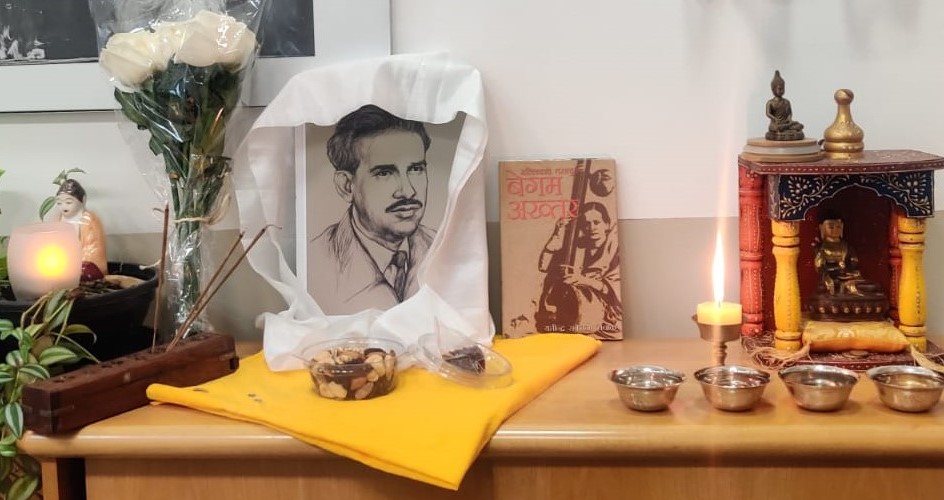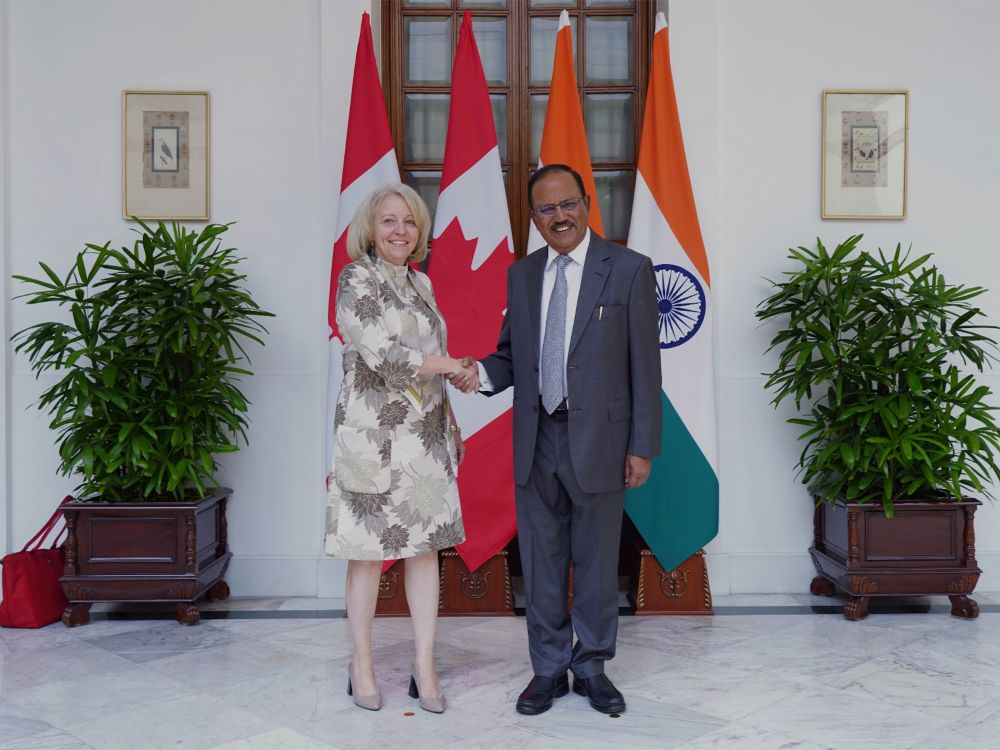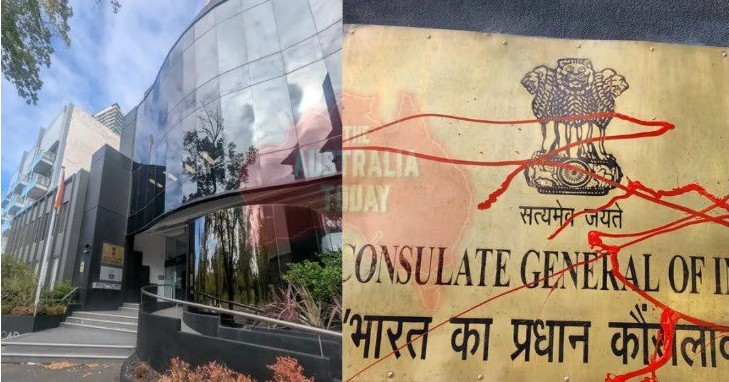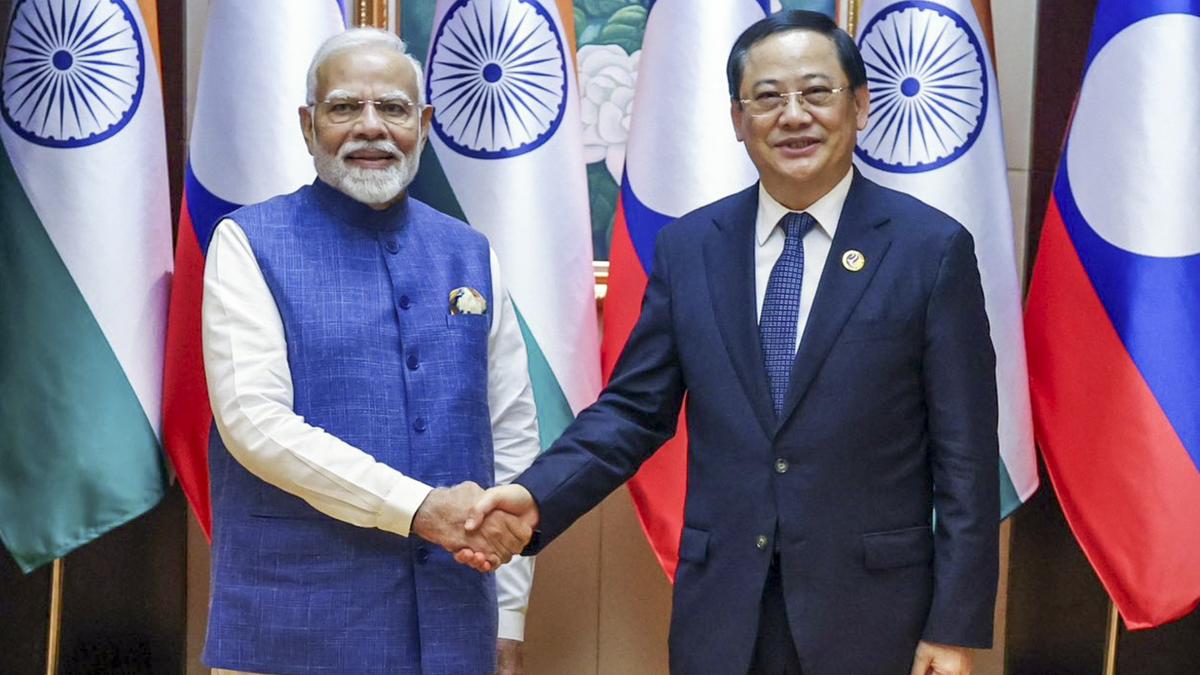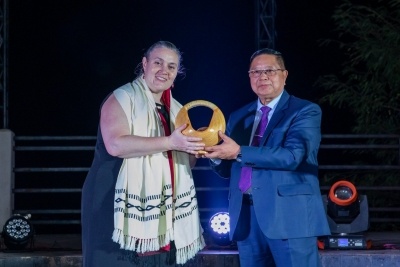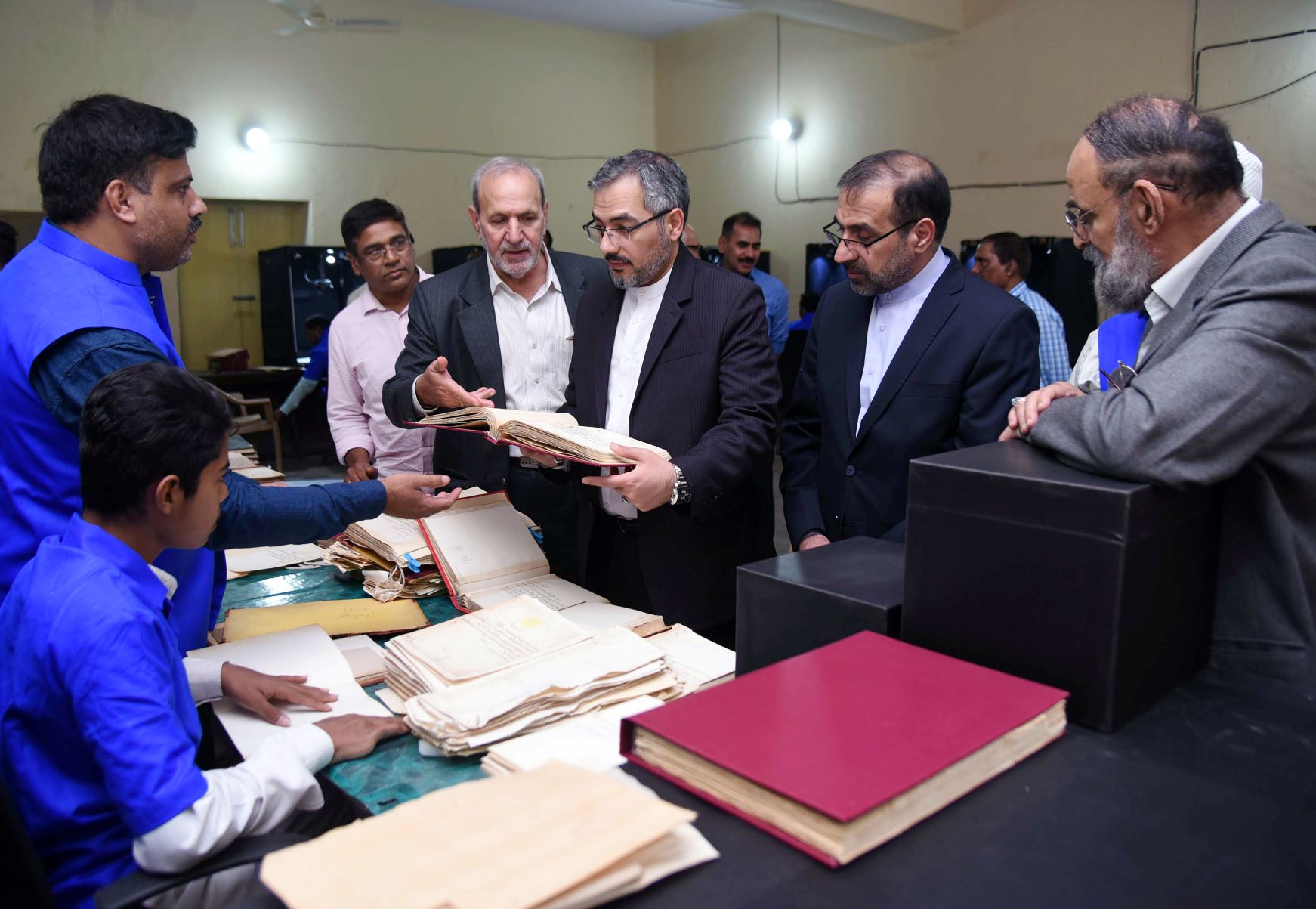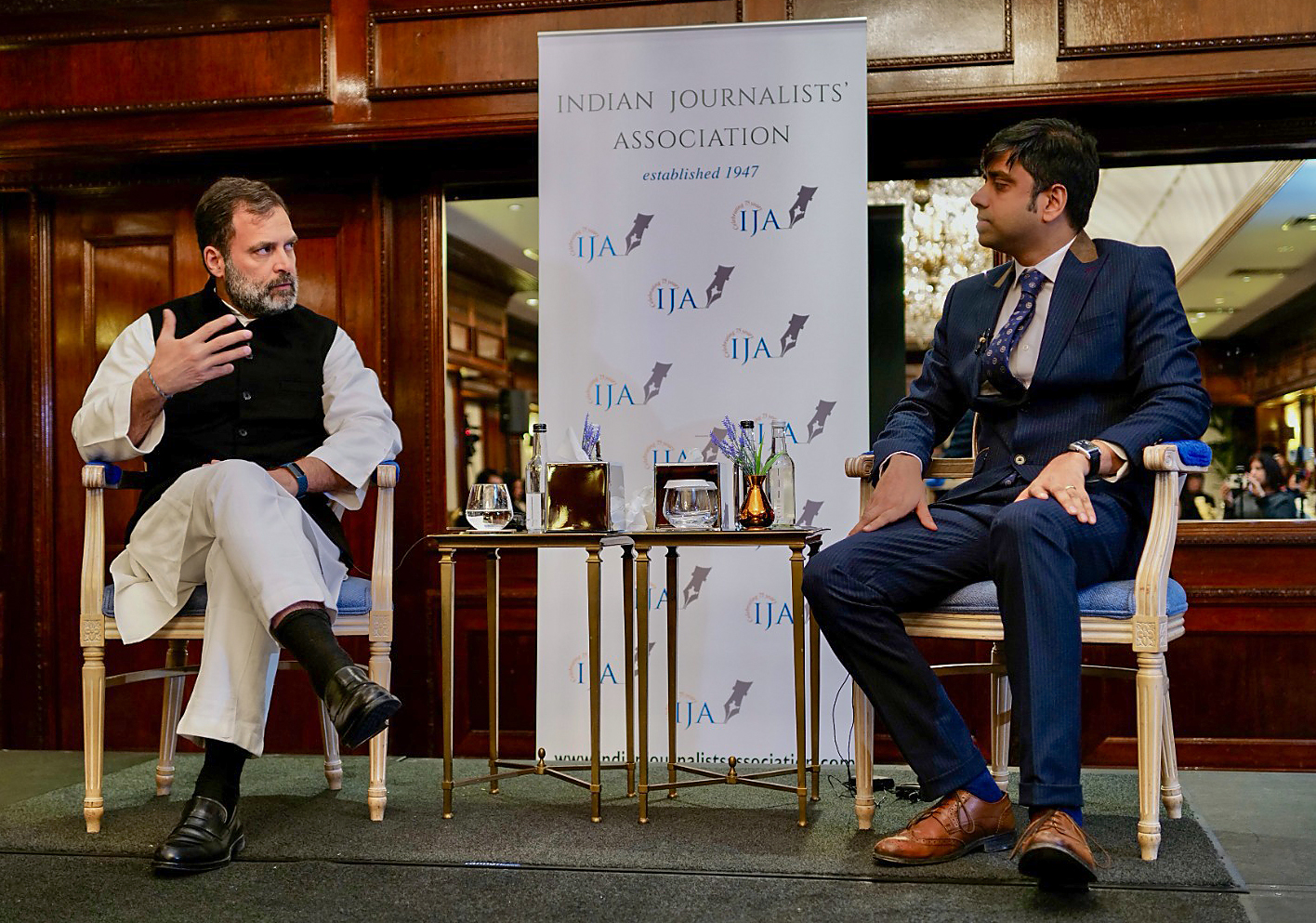In Memoriam YATINDRA NARAYAN SAXENA ‘BEBAK’ (1933-2022)
By Shobhan Saxena
It is not easy to mention a loved one in the past tense, especially when you feel they live within you – and through you. My father, Yatindra Narayan Saxena, is one such person. He passed away at a hospital in Lucknow, Uttar Pradesh, on October 5, 2022 (Wednesday).
My father, known as YN Saxena Sahab or simply as Saxena Sahab to his colleagues, would have turned 90 on the next April 27. But he went away quietly after a brave fight with Covid-19 infection. He beat the virus and came back home after a three-week stay in a hospital. But then other complications followed and he left after another trip to another hospital. He lived a full life –with ups and downs — and leaves behind my mother, four children, three grandchildren and one great grandchild.
Born into a family of landlords and barristers in Bareilly (UP), he began his career in the education department of UP government in the 1960s, and then moved to the Central government, working mainly with youth affairs and sports ministries. After retirement, he settled down first in Bareilly and then at Lucknow in the 1990s but continued to work as an advisor to various ministers and NGOs for almost two decades, while also writing a couple of collection of ghazals, books and articles.
My father, known as Ravi Dada to family and close friends, was a man of many talents. A widely travelled person, he was equally at home in English, Hindi, Urdu, and could easily survive in Farsi and Sanskrit. He could talk about international news with as much ease and interest as he would talk about the poetry of Ghalib and Firaq as well as the Vedas and Swami Vivekanand’s philosophy.
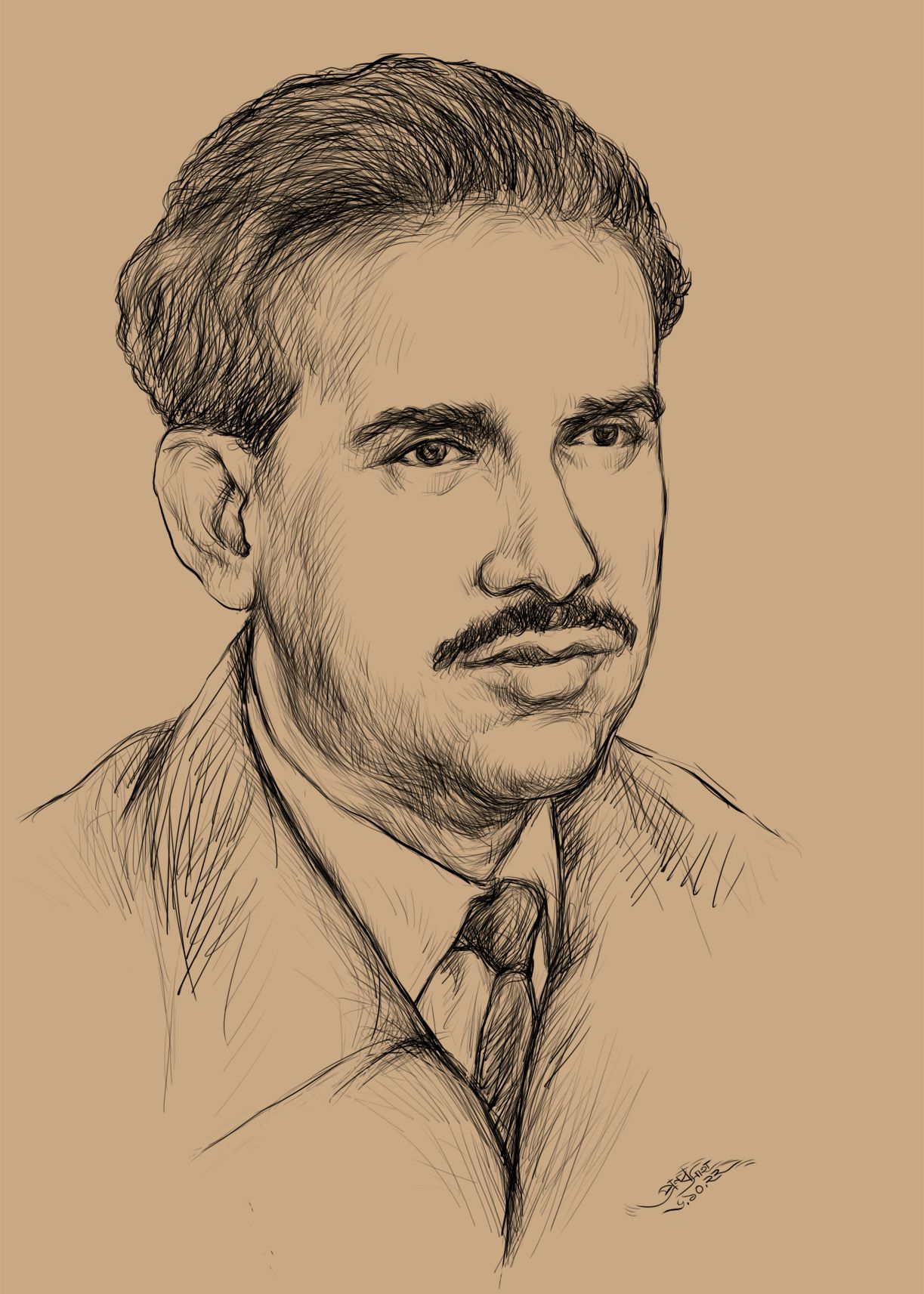
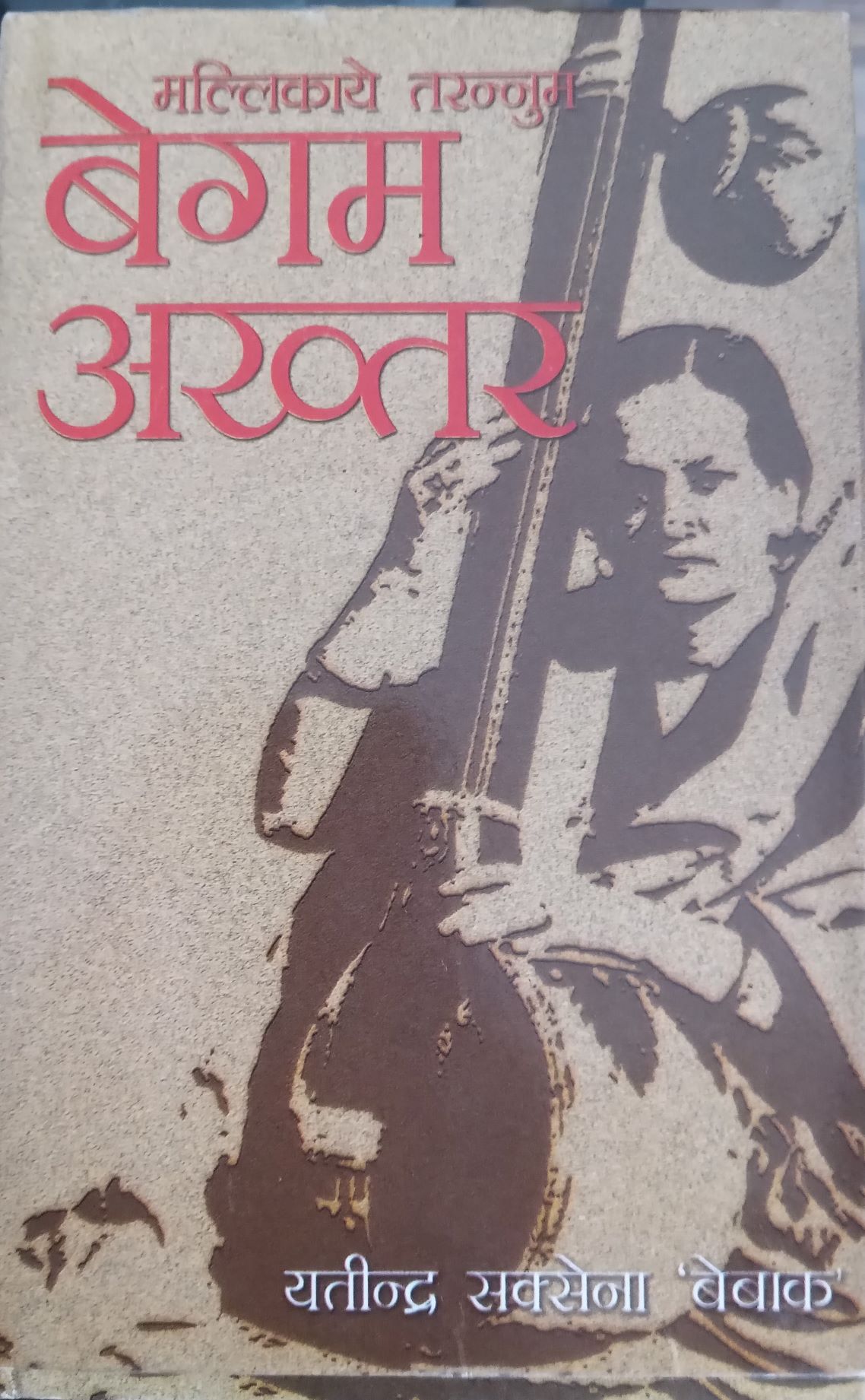
He understood the true essence of life: it has to be lived with all its richness. He wrote poetry. He sang. He played tabla, harmonium and bansuri (flute) like a professional. He would sing the ghazals of Begum Akhtar and Talat Mehmood at family gatherings and mehfils at our house or at the officers’ club where he lived. Even when posted in small towns, he brought it alive with his cultural activities, even though it was not part of his job profile. In the 1970s, he invited a young director Ranjit Kapoor from the National School of Drama in Delhi to conduct a workshop for local artists in Rae Bareli. Later, Ranjit Kapoor would become a legendary theatre director (though people know him as the elder brother of actor Annu Kapoor).
I have not seen a better batsman than my father. He would open the batting for the District Magistrate XI as they played against the Police Lines or local teams on Sundays during the winters. He played beautiful leg glances and late cuts and then share stories about how Ranjisingh and Duleep Singh and Rohan Kanhai invented these shots. He also bowled slow off spin and was very often the Man of the Match. He understood the game and could talk about with a lot of history.
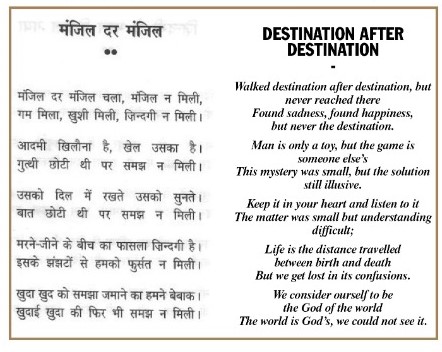
In recent years, he had become weak and fragile. Physically, he was just a pale shadow of his former self. But his mind remained alert and agile. He continued to write and engage with the world at large. He had no talent for small, loose talk. Our meetings – shorter and rarer over the time – and phone conversation were mostly about politics and international issues, culture and food.
As a human, of course, he had flaws but he didn’t have a selfish bone in his body. Born in a traditional family, he was a gentleman to a fault and would not hurt anyone even by mistake. He would suffer himself than inflict pain on others. His own suffering came out in the forms of ghazals he wrote in beautiful Urdu. He penned these ghazals under the pen name of ‘Bebak’, which means bold or fearless. He was fearless, especially when he sat down to write. “Life is the distance covered between birth and death,” he wrote in a ghazal. “Why should we be afraid of death if we are not afraid of life,” he wrote in another.
Now, he is gone, leaving behind a treasure of very rich memories and lessons about how to live life fully, honestly – and meaningfully.
Shobhan Saxena is the Editor-in-Chief of The Indian Eye group of publications
















